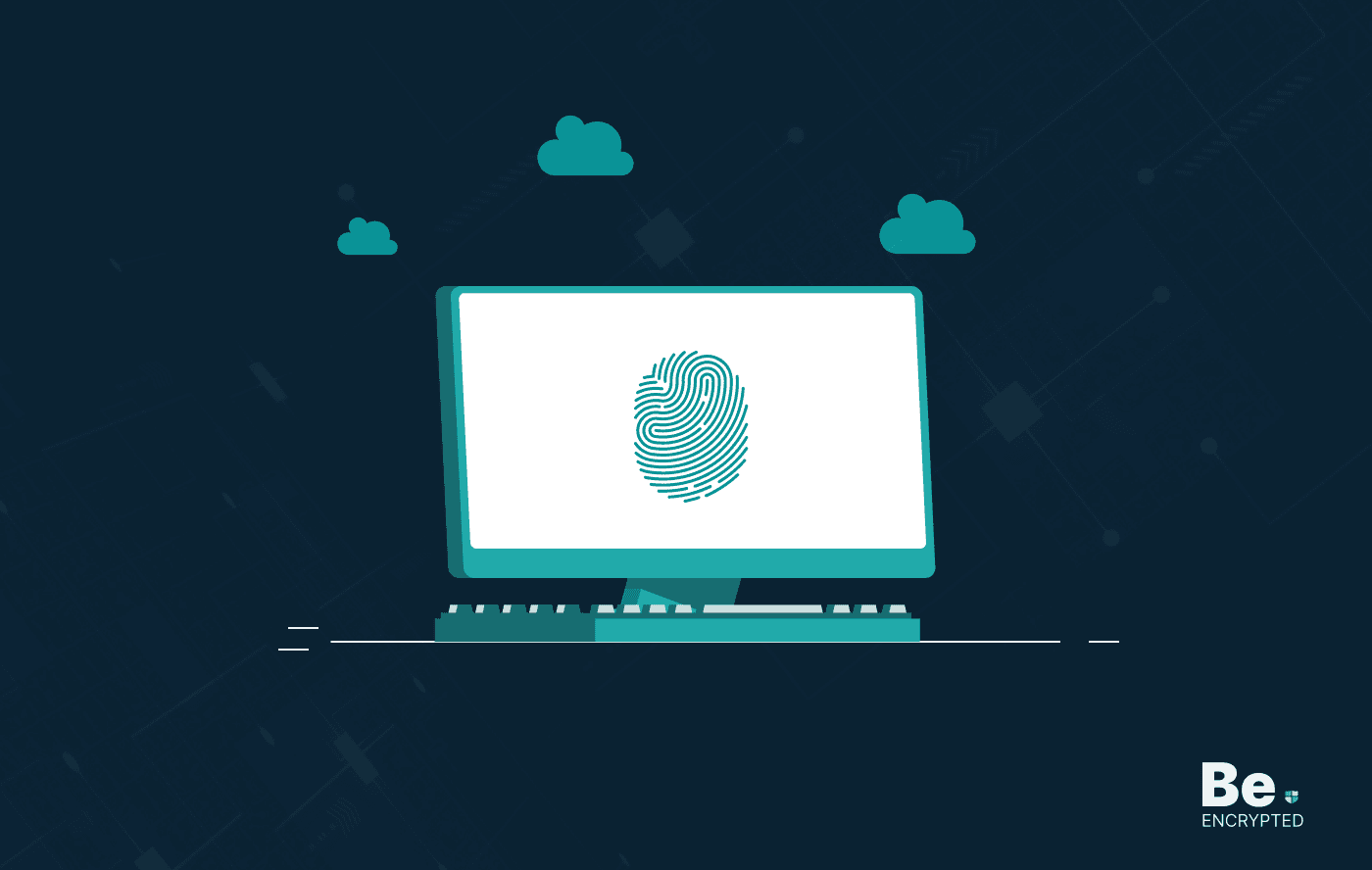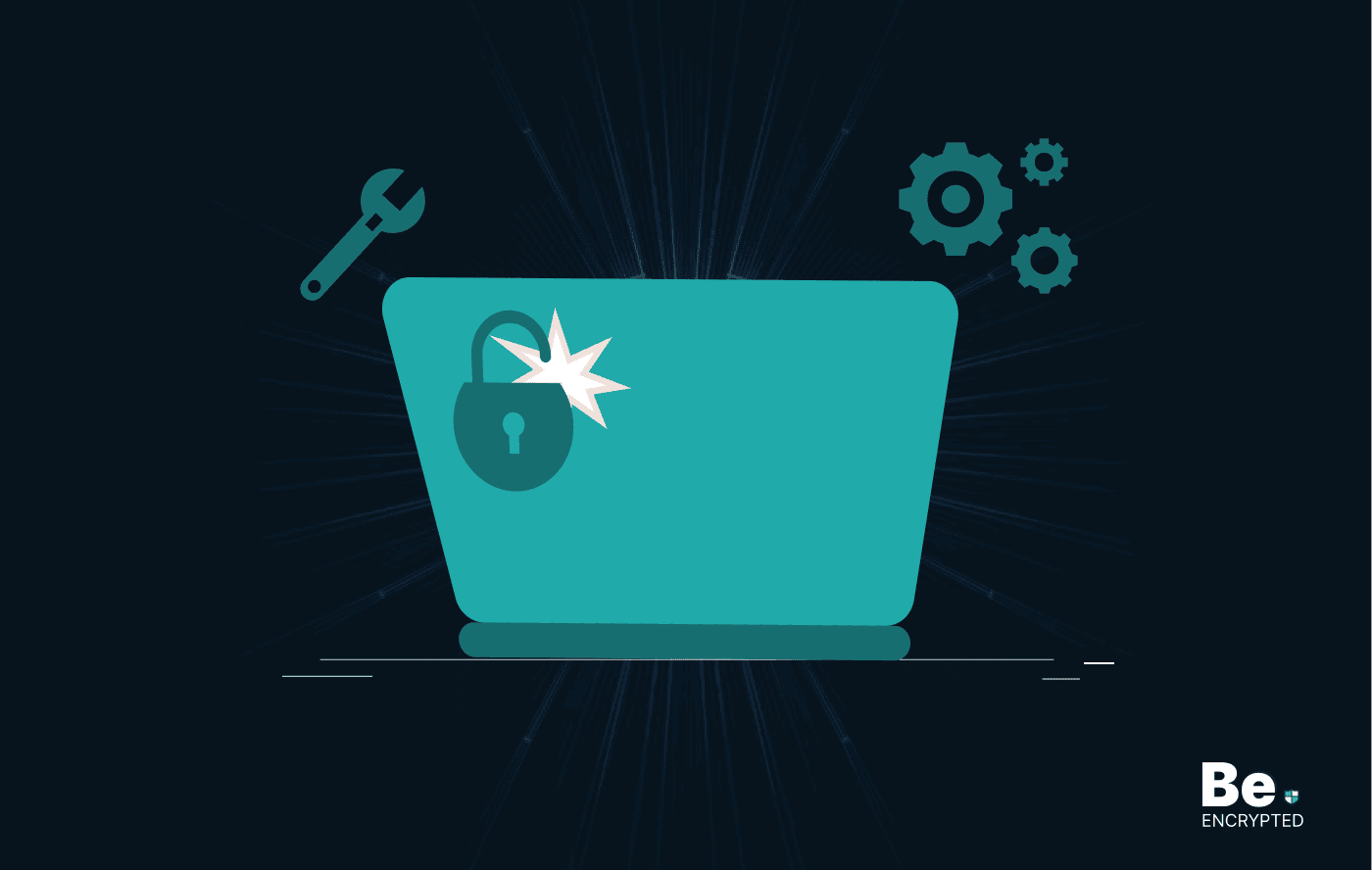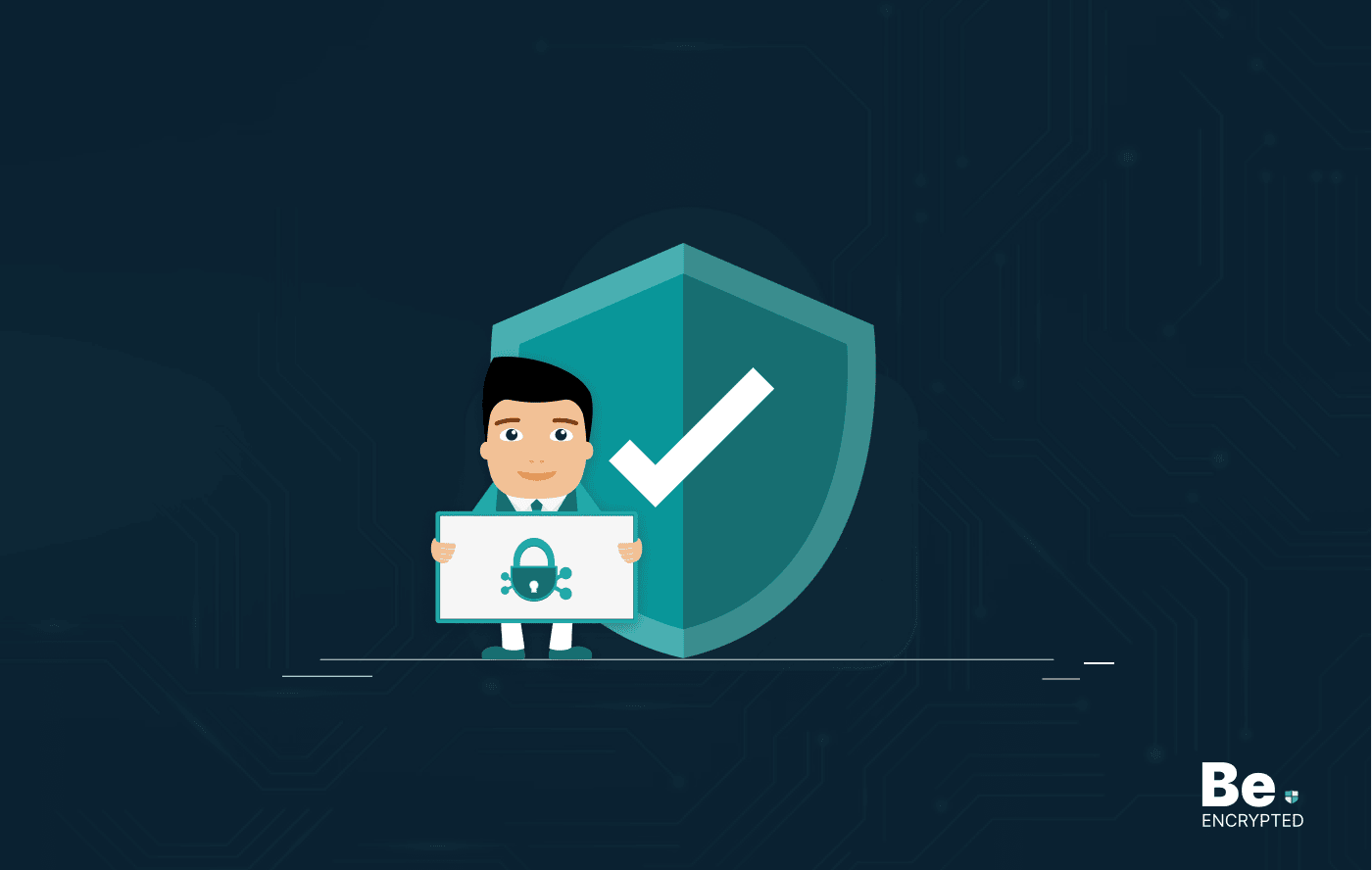In the current digital world, businesses face a lot of cybersecurity issues. However, they can overcome these issues and protect their data using business firewalls. Here’s how these firewalls helps you to improve your business network:
Most internet users need a firewall, and that’s especially true for entrepreneurs. A business needs a firewall for two reasons. The first is that a firewall’s primary role is to protect the computer system’s internal network from internal and external actors. The second is to allow multiple computers to use the same external internet connection or IP address.
The software you can buy or build into the system is generally enough to keep your files safe for personal or private computers. However, software firewalls are less robust than hardware or next-generation firewall options. Business firewalls provide the essential tools to protect your office; using a cloud firewall protects your cloud software.
What are business firewalls?
Types of firewalls that businesses can use
There are many different types of firewalls that businesses can use, which include:
- Stateful packet inspection firewalls: These firewalls inspect all incoming and outgoing packets and determine whether they are legitimate. Packets that do not match up with the pre-determined firewall ruleset are automatically blocked.
- Application-level gateways: These firewalls allow or block traffic based on information in higher-level data packets, such as URLs and e-mail messages.
- Circuit-level gateway: A circuit-level gateway uses a three-way handshake to validate whether a connection request originating outside the network is allowed.
- Proxy servers: Proxy servers enable organizations to control traffic flows in and out of their networks by acting as intermediaries between internal, private networks, and external public networks. The proxy server routes data into or out of one network based on rules established by an organization’s security policy.
- Personal firewalls: These are software applications you install on your individual computer or smartphone to protect it from intrusions and attacks when connecting with other computers in a network environment.
How business firewalls improve your business network
Business firewalls can protect your employees and customers from viruses, malware, spyware, ransomware, and other attacks.
1. Security
You need a firewall to segregate your working networks from where you conduct business from the rest of the internet. You need to segregate your work from the rest of the world to protect your intellectual property, finances, and other sensitive data from bad actors. Different firewalls help you reach this end goal, as many manufacturers lead to the same outcome.
The best way to determine the best product for your business is to examine the level of granularity and control that your IT team needs to ensure appropriate security. A larger company or enterprise would be best served by an enterprise-grade firewall that’s locally managed and provides finer-grained security control. Alternatively, a cloud-managed one-size-fits-all approach may better serve a small company.
2. Internal security
Firewalls can also provide internal security and improve staff productivity by blocking outbound communications to unapproved sites.
Apart from restricting unauthorized users from accessing your business network, you can also prevent your users from accessing certain sites. You can use this service to block social networking platforms and major piracy websites, which can distract employees. After all, no organization wants distracted or unproductive employees.
Some well-known sites include gambling, streaming, and social media sites, but you could configure your firewall to prevent your employees from job hunting while using your network. This will ensure internal security by ensuring your staff stays on task and prevent users from incidentally allowing malicious activity into your network.
3. Meter bandwidth
As previously mentioned, certain websites can impact your employees’ productivity. But such careless browsing also takes up valuable bandwidth.
Fortunately, the scope of firewalls extends beyond security. You can also implement it to meter and limit the network bandwidth. This allows you to reserve bandwidth for significant business traffic instead of wasteful activities like watching videos, photos, or any business-related content.
4. Enhance collaboration with a VPN
Virtual Private Networks (VPNs) allow remote users to easily and securely access your internal network. Firewalls can help establish such connectivity, facilitating collaboration and productivity.
5. Cloud computing
In the age of cloud services, the firewall requirement doesn’t disappear. A firewall is essential for your digital business planning, even if you only have a website or a blog. In some cases, a web hosting service provides it. Still, depending on what they’re providing or what services you’re offering, you may install an upgraded security option.
Therefore, you should look into dedicated cloud firewall services. This holds especially true for any business offering a cloud product.
Cloud firewalls are unique because they protect a virtual server for you as the user. They prevent bad actors from breaking into the back end of your system and then taking over admin rights. Researching and utilizing cloud firewalls is cost-effective for many business owners just starting.
6. Firewalls aren’t outdated
With all-new security options consistently becoming available to business owners and IT professionals, some key security methods are still the gold standard. The firewall is constantly being improved but is unlikely to be replaced as professionals and system admins heavily rely on it. As you’re building or improving your security and network plans, be sure to take the time to research appropriate business firewalls. You’re going to need them.
Share this article
About the Author
Waqas is a cybersecurity journalist and writer who has a knack for writing technology and online privacy-focused articles. He strives to help achieve a secure online environment and is skilled in writing topics related to cybersecurity, AI, DevOps, Cloud security, and a lot more. As seen in: Computer.org, Nordic APIs, Infosecinstitute.com, Tripwire.com, and VentureBeat.
More from Iam WaqasRelated Posts

19 Best Vulnerability Management Software or Tools in 2024
KEY TAKEAWAYS Vulnerability management tools scan and detect weaknesses within the network that hac...

How to Detect, Identify and Fix Packet Loss with Best Tools
KEY TAKEAWAYS Packet loss reduces the speed and amount of data that flows through the network. This ...

15 Best Network Security Software – Top Pick Of Organizations
KEY TAKEAWAYS Network security software keeps the data secure and blocks malicious or potentially vu...

15 Best Virtual Machine Software for Windows in 2024
KEY TAKEAWAYS Virtual machine software is a vital tool for developers to deploy VM software to test ...

What is Software Deployment: Risks and Best Practices
KEY TAKEAWAYS Software deployment is facing various security risks amidst the advancements in the in...

Building Encryption into the Network Fabric with SASE
A network fabric is a mesh of connections between network devices such as access points, switches, a...


